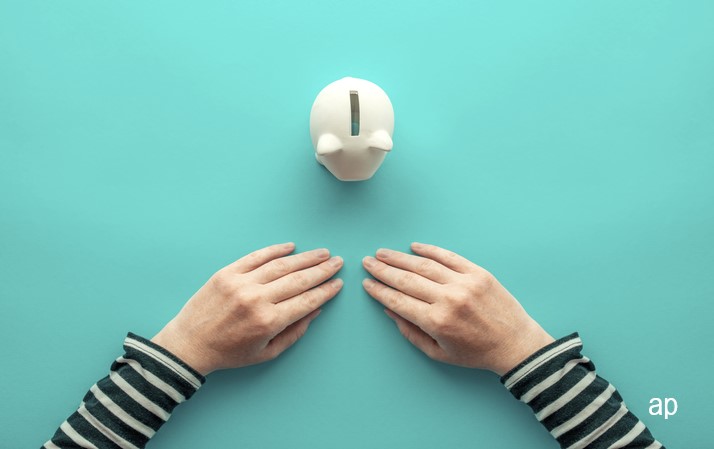
While Mika, who lives in London with his wife and two children, is aware that the value of his pension and Isa will have fallen in recent weeks as panic around Covid-19 has gripped stock markets, he has avoided getting day-to-day updates on his portfolio performance.
Mika holds his investments through fund supermarket Chelsea Financial Services and mainly lets his wife look after his portfolio. “She is good at keeping an eye on how the various funds are performing,” he says. “If one fund starts to underperform then she will make changes to the portfolio.”
But the couple are trying to keep a buy-and-hold approach in the current market turmoil and are sticking with their equity investments even as stock markets across the globe tumble. Mika hopes that having a diversified portfolio of funds will help; he holds some defensive holdings that should help shield some of his money from the current bout of volatility.
These holdings include BlackRock Gold & General, Threadneedle Dollar Bond, and Church House Tenax Absolute Return Strategies.
Gold Seen as a Safe Haven
Gold is typically seen as safe haven in times of political and economic upheaval. The price of the yellow metal rose steeply, for example, after the 2008 financial crisis.
This time the trajectory has not been so straightforward: the gold price climbed at the end of January, but fell back at the beginning of March, although prices have rebounded since.
Mika has held the Bronze-rated BlackRock Gold and General fund for a number of years. It does not invest directly in gold bullion, but the shares of companies that operate in the gold mining, commodities and precious metals markets, which tend to profit from rising gold prices.
The fund is down 10.78% year to date, according to Morningstar Data, which is less than some equity funds. It has delivered annualised returns of 8.06% to investors over the past five years.
The fund has been managed by Evy Hambro since 2009, giving investors a “high degree of stability” according to Morningstar analysts.
Defensive Funds for Isas
The Threadneedle Dollar Bond fund is also seen as a more defensive holding, as the bond market tends to be less volatile than the equity market. However, there is likely to be a rise in the number of companies filing for insolvency as a result of widespread lockdowns, which could impact on corporate bond markets.
This fund invests in debt issued by companies and government across the globe, provided this debt is issued in dollars. The manager typically favours “investment grade” bonds that are seen as likely to repay their debt, which could provide some protection in a recession.
Absolute return funds are another defensive option and aim to deliver positive returns in all market conditions — although this is an aim, rather than any guarantee. This doesn’t mean that they will always be in positive territory though, usually the target is to beat inflation by a set margin over a certain period of time — typically three of five years.
These funds became particularly popular after the last financial crash, but fund managers use a range of different strategies to try to deliver on this objective; some will invest in a wide range of different assets, while some might use hedging tools and derivatives to achieve their aim.
Absolute return funds tend to produce lower returns in more buoyant markets than straight equity funds, so can seem less attractive when stock markets are soaring.
Church House Tenax Absolute Return Strategies aims to achieve positive returns over rolling twelve-month periods by investing across different asset classes. Losses year-to-date have been less acute than many equity funds; the fund is down just 5.29% year to date, according to Morningstar data. Over five years, it has delivered annualised returns of 0.98%, and 2.75% over a 10-year period.
While the family’s investments – including the Junior Isas of their two children - may have taken a hit recently, Mika is aware there could be buying opportunities in the weeks and months ahead. “I trust my wife will be looking for funds that are looking undervalued but still have the potential to do well over the long term,” he says.




























